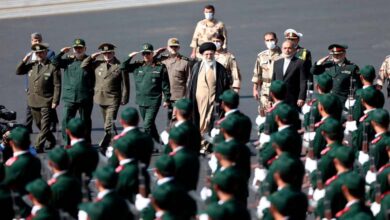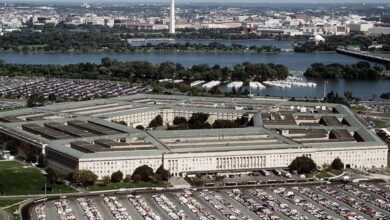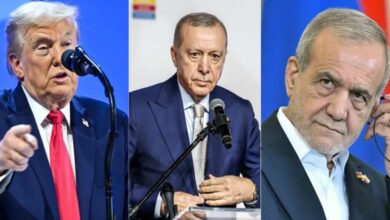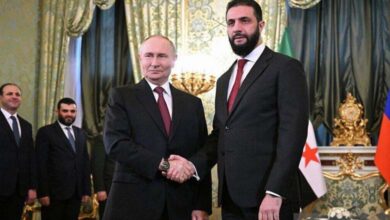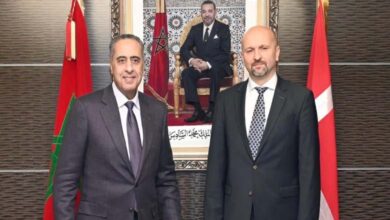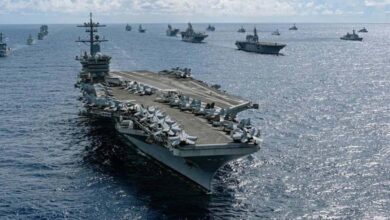Qatar’s official efforts to lobby Washington to ease sanctions on Iran
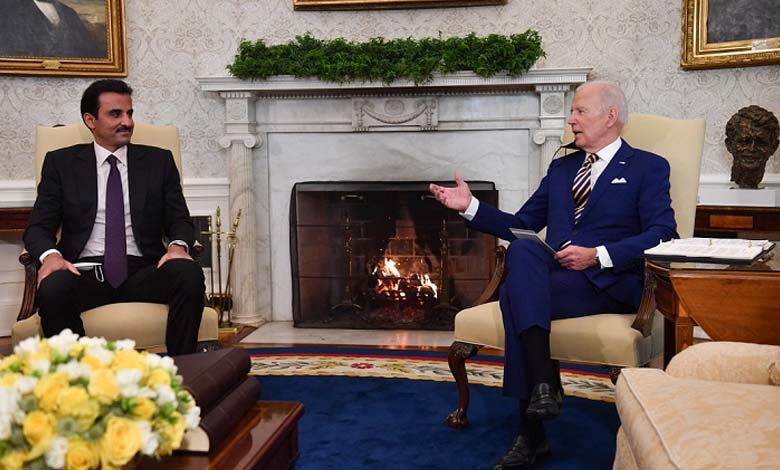
Foreign media have revealed details of Qatar’s rejection of the US administration’s request to compensate gas supplies to Europe, arguing that it may not be able to meet long-term commitments.
Observers believe the Qatari position was merely an argument for advancing negotiations with Iran and lifting sanctions.
Qatari rejection
According to the US Wall Street Journal, Qatar and US diplomats are seeking to broker a new nuclear deal with Iran in exchange for sanctions relief.
Before Russia’s invasion of Ukraine on 24 February, President Joe Biden had hosted leaders of various natural gas producers in the White House, and Emir Tamim bin Hamad al-Thani of Qatar, whose supplies were necessary to compensate for potential natural gas shortages in Europe, but Tamim rejected U.S. requests to ease sanctions on Iran first.
Pressure on Biden
According to Britain’s Financial Times, Qatar has strengthened its role in mediating between the United States and Iran as Western powers struggle to convince worried Iranian leaders to sign a deal to revive the 2015 nuclear deal.
After 11 months of European Union-brokered indirect talks in Vienna, officials say time is running out, the Gulf state was acting as a go-between at the request of Washington and Tehran, completing talks in the Austrian capital, in an effort to build trust between the two old rivals.
The newspaper said Qatar began pressuring the US administration to make concessions in its negotiations with Iran and convinced it that Tehran would be the appropriate alternative for Russia in supplying gas to Europe.
Doha conveyed messages between the parties and sought to allay Iranian concerns, including those related to its demand that the Biden administration provide a guarantee that no future U.S. government can unilaterally abandon the deal, as former President Donald Trump did in 2018.
Qatari officials are also facilitating direct talks between Washington and Tehran, should an agreement be reached, to ensure that any outstanding issues, such as prisoner exchanges and the easing of additional sanctions, are addressed in the future, according to a diplomat familiar with the talks.
The diplomat said: “Both sides really need an agreement, and there is willingness on both sides, but the bigger problem is trust”.
Iran-Qatar relations
According to the newspaper, relations between Doha and Tehran were strengthened after Iran boosted trade with the Gulf state, which was subjected to a four-year regional embargo led by Saudi Arabia and the UAE before it was lifted a year ago.
After Tamim’s visit to Washington, his foreign minister, Mohammed bin Abdulrahman bin Jassim Al Thani, made an unannounced visit to Tehran last month, his second trip to Iran this year. Last week, at Washington’s request, Qatar’s foreign minister spoke by phone with his Iranian counterpart, Hossein Amir-Abdollahian, on outstanding issues.
A few days ago, Tamim held talks with President Ebrahim Raisi in Doha, the first visit by an Iranian president to Qatar in a decade.




